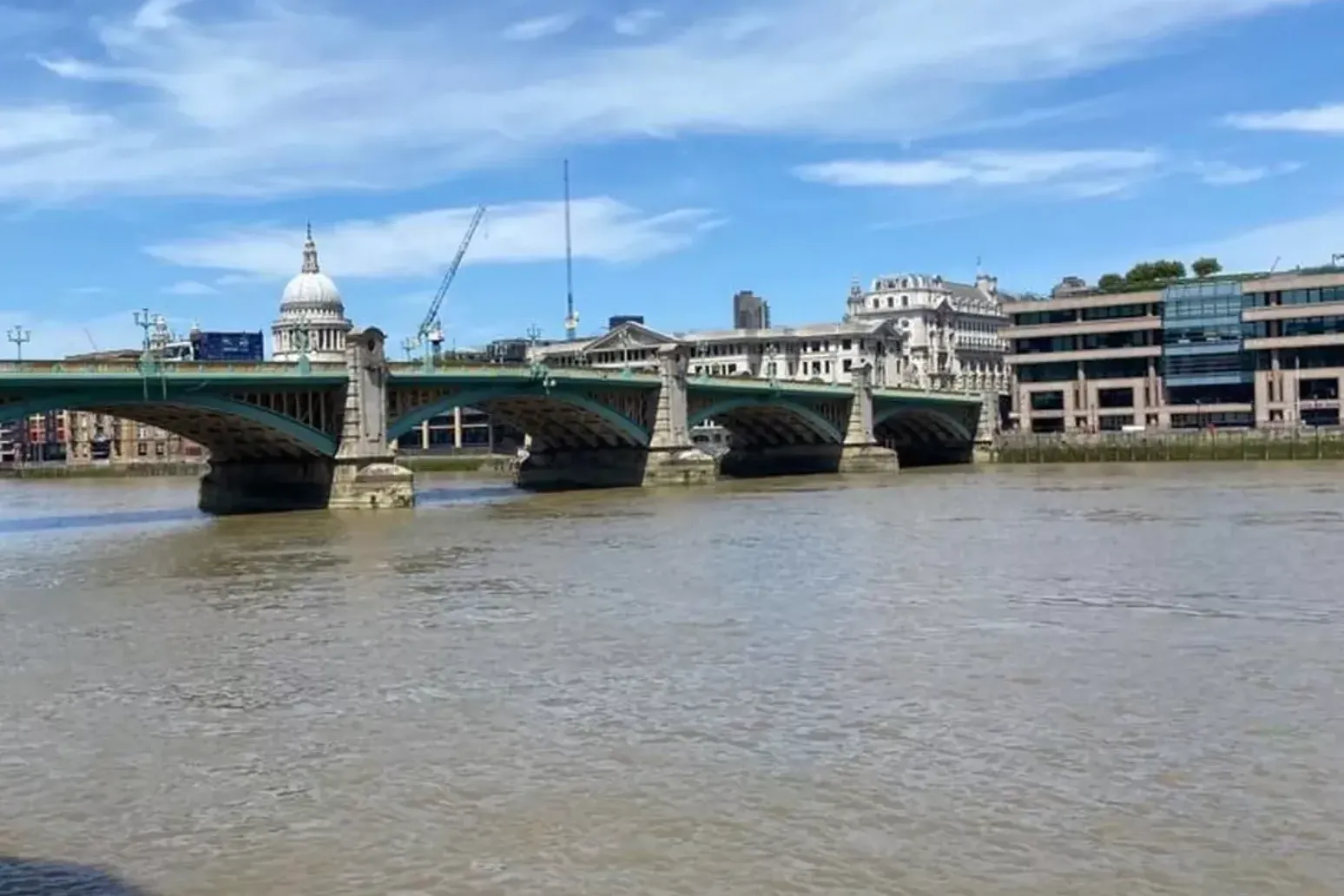-
 play_arrow
play_arrow
Kl 1 Radio Local radio for west Norfolk
-
 play_arrow
play_arrow
KL DISCO KL Disco Playing Disco Music from the 70's onwards.24/7
-
 play_arrow
play_arrow
KL COUNTRY KL COUNTRY Playing New and Classic Country Music 24/7
-
 play_arrow
play_arrow
KL ROX KL ROX The best of New and Classic Rock.24/7
-
 play_arrow
play_arrow
KL SUMMER Summer Vibes 24/7 from KL1 Radio across West Norfolk
-
 play_arrow
play_arrow
KL CLASSICAL Your Symphony Starts Here
-
 play_arrow
play_arrow
KL CHILL Just Chill!
-
 play_arrow
play_arrow
KL POP The Best POP Hits all day Long!
-
 play_arrow
play_arrow
KL XTRA KL XTRA
music_note

Ofwat has proposed £168 million of fines for three of England’s biggest water companies for failing to manage sewage spills, including a £104 million penalty for Thames Water.
The water regulator proposed the fine for Thames, as well as a £47 million penalty for Yorkshire Water and £17 million for Northumbrian Water, as the first batch of results from its biggest ever investigation into the industry.
The penalties relate to water firms’ management of their wastewater treatment and sewer systems, which have come under heavy criticism for releasing too much pollution into rivers.
In an announcement on Tuesday morning, Ofwat said the firms “failed to ensure that discharges of untreated wastewater from storm overflows occur only in exceptional circumstances, which has resulted in harm to the environment and their customers”.
It added that there was a “strong correlation” between high spill levels and operational issues at their wastewater treatment sites, “which points to these companies not having properly operated and maintained their wastewater treatment works”.
It said the firms had failed to upgrade their assets where necessary, and had been slow to grasp their obligations to limit pollution from storm overflows.
Ofwat chief executive David Black said: “Ofwat has uncovered a catalogue of failure by Thames Water, Yorkshire Water and Northumbrian Water in how they ran their sewage works, and this resulted in excessive spills from storm overflows.
“Our investigation has shown how they routinely released sewage into our rivers and seas, rather than ensuring that this only happens in exceptional circumstances as the law intends.
“The level of penalties we intend to impose signals both the severity of the failings and our determination to take action to ensure water companies do more to deliver cleaner rivers and seas.
“These companies need to move at pace to put things right and meet their obligations to protect customers and the environment. They also need to transform how they look after the environment and to focus on doing better in the future.
“Looking to the future, we want transform companies’ performance under our new price control that starts in April next year, so we reduce spills from sewage overflows by 44% by 2030 compared to 2021 levels.”
Environment Secretary Steve Reed welcomed the fines.
“The unacceptable destruction of our waterways should never have been allowed – and it is right that those responsible for illegally polluting our rivers, lakes and seas face the consequences,” he said.
“This Government will fundamentally reform the water sector.
“We have announced our first steps to clean up the water industry in our Water (Special Measures) Bill, to cut sewage pollution, protect customers and attract investment to upgrade its crumbling infrastructure.
“We will outline further legislation to transform and reset our water industry and restore our rivers, lakes and seas to good health.”
Ofwat said that more than two-thirds of Thames Water’s wastewater treatment works with Flow to Full Treatment (FFT) permits had capacity and operational issues, while one-in-six of its storm overflows were found to be in breach of regulations.
Yorkshire Water’s wastewater treatment works were in better shape, with just 16% of them having operational issues. But 45% of its storm overflows were in breach.
And 3% of Northumbrian Water’s wastewater works had issues, while 9% of its storm overflows were in breach.
Meanwhile, Charles Watson, chairman of campaign group River Action, said: “Thankfully the water regulator, for so long toothless, is finally waking up to the scale of the public’s outrage and we are starting to see some meaningful penalties being imposed upon the worst offenders.”
He also criticised water companies for paying out billions in shareholder dividends in recent years.
“Until the ability of these polluting companies to hand out so much cash is severely curtailed, pollution will continue to be a highly profitable activity with inadequate incentives for the water companies to fix their creaking infrastructure and stop filling our rivers with raw sewage,” he said.
Thames Water, Yorkshire Water and Northumbrian Water have been approached for comment.
Published: by Radio NewsHub

Similar posts
Upcoming shows

Richard Dix – KL1 Drive
4:00 pm - 7:00 pm

80’s ’til 8
7:00 pm - 8:00 pm

Gary Steele – Rock Show
8:00 pm - 11:00 pm

Night Trax
12:00 am - 7:00 am

Paul Baker – KL1 Breakfast
7:00 am - 10:00 am
Message Us
Copyright The Mediasite UK - 2025








